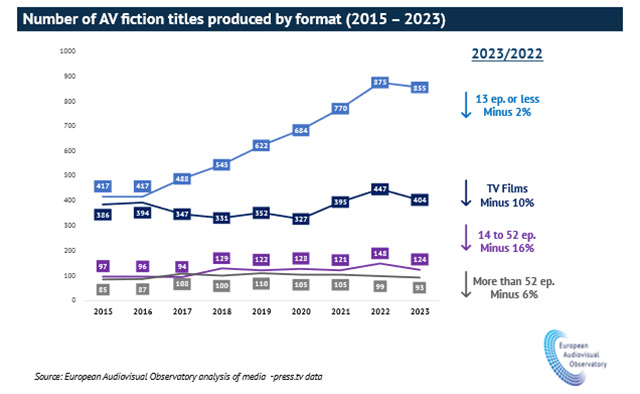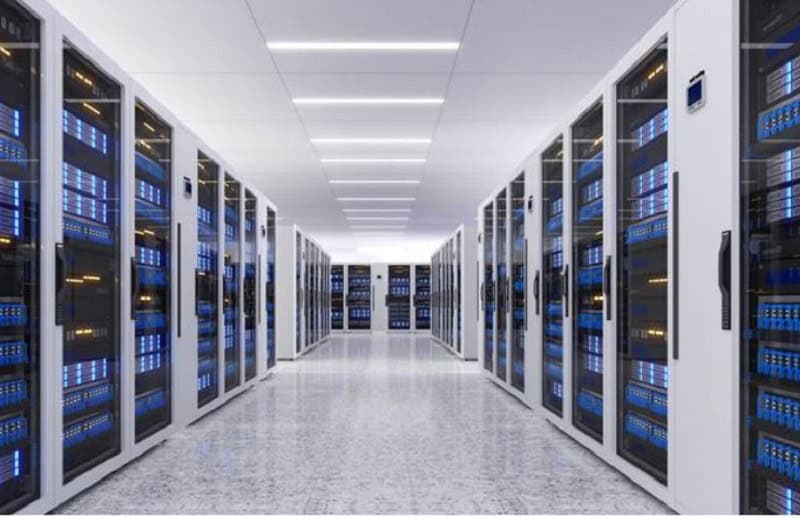Bussiness
My Say: Europe must raise the tempo to strengthen EU-Asean ties

This article first appeared in Forum, The Edge Malaysia Weekly on October 7, 2024 – October 13, 2024
European companies are calling for stronger European Union (EU) engagement in Southeast Asia. In fact, the latest EU-Asean Business Sentiment Survey reveals a record 59% of European businesses polled felt that the EU is not doing enough to support their interests in Southeast Asia, marking the highest level of dissatisfaction recorded since the survey was launched in 2015.
And it’s not just the companies talking; speaking to ministers, senior officials and policymakers across Southeast Asia as I regularly do, eyebrows are being raised at the EU’s absence in crucial areas where other global players are all too eager to show up.
This might seem strange to some. The EU’s track record in Asean is commendable: it is among the region’s largest aid and development donors, with several hundred million euros invested in projects across Asean Community Pillars and more funds allocated for future initiatives. However, the EU has not sufficiently highlighted these contributions.
Over the past decade of working on EU-Asean business relations, I can confidently say we have hit a high note in our trade and investment interactions with Asean.
Free Trade Agreements (FTA) have been signed with Vietnam and Singapore, which also recently signed a Digital Trade Agreement with the EU, while ongoing FTA negotiations with Indonesia, Thailand and soon, the Philippines are paving the way for even stronger ties. Add to that the trade preference arrangements with several other Asean member states, and the efforts of the Joint Working Group on EU-Asean Trade and Investment it is clear that on the trade front, things have never looked rosier. Credit is due to the team at DG Trade in Brussels for their efforts in advancing this progress.
Meanwhile, the EU and Asean now share a strategic partnership bolstered by a plan of action to bring it to life. On paper, it is an impressive document highlighting many potential and actual collaboration areas. Yet, much of the action remains behind the scenes, uncelebrated and unremarked on. That is a pity and a missed opportunity for Europe to sing about the work being done, while Asean’s other dialogue partners do this with great fanfare, even when their contributions to the region are smaller in comparison.
It should come as no surprise then that many of these countries enjoy a Comprehensive Strategic Partnership with Asean, while the EU can only hope to have its status upgraded in 2027, when both sides celebrate 50 years of bilateral relations.
The impact of EU’s lack of engagement on European businesses
Asean is central to the EU’s Indo-Pacific policy and has explicitly called for greater engagement with all its dialogue partners — not only to balance geopolitical dynamics but to drive more just, equitable and sustainable regional development.
Yet, despite these clear signals, the EU’s response has been lukewarm, creating a vacuum that is being filled by other global players, including Russia and China, who are more than willing to exploit the opportunities that come with deeper engagement.
The biggest concern for European businesses is the glaring lack of EU engagement at the highest levels in key areas. There is another opportunity for a meeting between the EU and Asean Economic Ministers (AEM) in September, which is traditionally one of the most important region-to-region interactions. No European trade commissioner has physically met their Asean counterparts in person since 2018, and it appears that will remain the case this year.
There have been legitimate reasons, such as travel restrictions during the Covid-19 pandemic, but in a region where Asean’s other dialogue partners consistently show up at the ministerial level, this absence is noticeable. Beyond the AEM-EU consultations, the only other regular ministerial meeting has been with Asean foreign ministers, where High Representaive/Vice_President Josep Borrell and his predecessor Federica Mogherini have been ever present at Post-Ministerial Dialogues.
The economic ministers’ meeting is one of many forums where the EU has been absent. While countries like the US, China, Japan, South Korea and Australia are engaging at the highest levels in regular meetings with Asean ministerial bodies on digital, health, agriculture, energy, transport, customs and financial services issues, the EU is often represented at senior officials’ level, and frequently not from those travelling from Brussels.
This leaves European businesses navigating the complexities of the Asean market without the high-level political support that their competitors enjoy. The lack of EU representation puts us at a disadvantage — we miss out on the opportunity to influence regulations, standards and policies that directly impact our regional operations. There is also a growing suspicion that European companies are being sidelined in favour of competitors from other countries whose governments are more visibly and actively engaging with Asean.
This is a matter of more than optics. It sends a message: the EU is just not as committed to Asean as others. This has the potential to undo years of trust and good work that has been built. The EU’s slip in the recent State of Southeast Asia survey reflects this, potentially harming the long-term prospects of European businesses in the region.
Opportunities for the EU to reassert its presence
There is still time for the EU to step up its engagement with Asean, but it requires more than just words on paper. Ministerial-level representation on energy issues would be a good start — Europe has established a continent-wide power grid and, therefore, should have valuable insights for Asean on what worked and what did not as the region develops its own power grid.
It should also be an active partner in the digital economy space at a time when Asean is negotiating what would be the world’s first regional agreement on digital economy. Given how the European Green Deal has ruffled feathers in this part of the world, high-level engagement with Asean environment ministers would seem a no-brainer. Much could be done to facilitate mutual collaboration on health issues, as demonstrated by the recent US-Asean Ministerial Meeting on health. The list goes on.
As economic and geopolitical alliances are increasingly shaped by who is present at the table, the EU cannot afford to be seen as disengaged. Admittedly, dealing with Asean is not always easy, and there will be difficulties — as there are in any relationship. But the region likes to be seen to be valued, deservedly so, and that means making an effort to visit even when there are no grand announcements to be made.
Europe and Asean need each other as partners, and like any friendship, regular communication is essential.
With a new European Commission being formed at the end of this year, we can only hope it will ramp up engagement with Asean going forward and see more European commissioners engaging directly with their Asean counterparts.
After all, Asean is among the few economic bright spots in the world today, and one of significant geopolitical importance. The EU should make efforts to become a proactive and reliable partner for the region. This will ensure that both the EU and European businesses have a strong voice in Asean’s most critical discussions, allowing them to continue to thrive in this dynamic region.
Chris Humphrey is the executive director of the EU-Asean Business Council, where he spearheads initiatives to strengthen business ties between EU and Asean countries
Save by subscribing to us for
your print and/or
digital copy.
P/S: The Edge is also available on
Apple’s App Store and
Android’s Google Play.










.jpeg?tr=w-1200%2Cfo-auto)